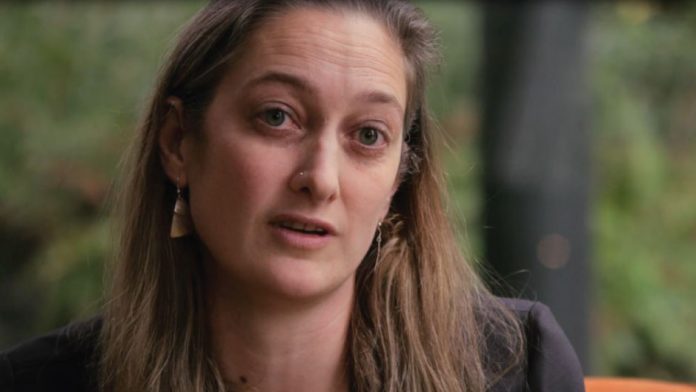Kate Shannon is the Director of the Gender & Sexual Health Initiative at the BC Centre for Excellence in HIV/AIDS and an Associate Professor of Medicine and Associate Faculty in the School of Population and Public Health at UBC. We asked her everything from what she is reading to what advice she would give to young researchers to give you a better understanding of what goes on outside the lab for one of the best minds in Canadian research.
What inspired you to become a researcher?
I have always been drawn to social justice work from my early work with at-risk youth and in maternal and reproductive health. I decided early on that I could have the biggest impact to effect change if I worked to understand the broader systemic levels of health and social inequities. I was inspired by research as a vehicle to documenting the experiences, gaps, and promising practices in sexual health and HIV care amongst marginalized communities and ensuring the best available science was shared at all levels — from policy makers, government leaders and service providers to the broader community.
What do you like most about your work?
I am passionate about science and evidence that drives policies and programs for sexual health and social justice in marginalized communities, particularly women. We have seen an HIV epidemic that disproportionately impacts criminalized and stigmatized communities – from women, sex workers, migrant women, youth, Indigenous communities, and gender and sexual minority individuals. Working closely with affected communities and diverse health and policy stakeholders drives my commitment to this work and ensuring our research can lead to policies and programs that promote improved health and social outcomes for marginalized communities.
What do you envision in the future of your field?
We now know that gender, policy and systemic-level factors (such as stigma, violence, housing) play key roles in shaping HIV epidemics and treatment trajectories, and yet we are only just beginning to fully realize the ‘what’ and ‘how’ of intervening to address these barriers. Structural interventions and implementation science – the bridging of program and research – is exciting in ensuring real-world impact but also still very much in its infancy. In women’s sexual health, we have made great strides and yet there are still so many gaps for marginalized and HIV affected women in realizing optimal sexual health and HIV care outcomes.
How will your research make a difference in people’s lives?
Working with and alongside affected communities is central tenants of all my work and ensuring the best possible applied sexual health and HIV research to effect change. We need to ensure the best available science and evidence reaches those in leadership roles, those with their pulse on the issues and decisions, and those in the community driving the change. We have a new political landscape in Canada that is open to listening to evidence, social justice, and is committed to gender equity, so there is definitely a sense of optimism there.
What advice would you give to young researchers?
Choosing something you are both passionate about and challenged by is critical. Ensuring that you can be impactful; that your research can make a difference.
What do you consider your greatest achievement?
My two amazing daughters!
For work, having the opportunity to contribute our evidence to WHO/UNAIDS international gender-based violence and HIV guidelines and to legally intervene at the Supreme Court of Canada (Bedford case) and submit expert evidence on the harms of criminalization on sex workers’ health, safety, and human rights.
What do you read?
Fiction, some historical fiction. Arundhati Roy’s “A God of Small Things” is one that I often go back to.
What natural talent would you like to be gifted with?
A photographer or musician.
What’s on your iPod/CD collection/turntable?
Bluegrass, alternative rock, hip-hop … and these days, everything Raffi.
If you could meet any historical figure, who would it be and why?
Very hard to pick one. I recently read a book by Wangari Maathai and would have loved to have met her: first African women to win a Nobel Peace Prize, an academic and leading activist. In Canada, Dr. Elizabeth Bagshaw: a trailblazer in women’s health and reproductive rights.
If you could do any profession other than your own what would it be?
I love my job, and wouldn’t change a thing, but if I had to pick something, probably a human rights lawyer.
What do you like to do for fun?
Family time and playing with my two kids. Getting into the outdoors as much as possible: running, hiking, paddling and skiing.
Want to learn more about Prof. Shannon’s research? Check out her Orange Chair Interview on marginalized communities and aids.






































